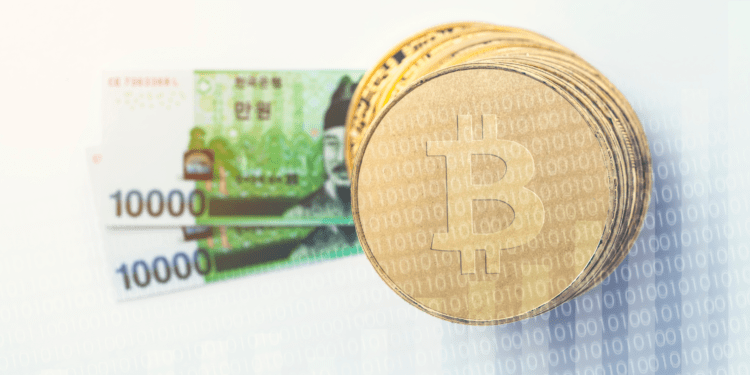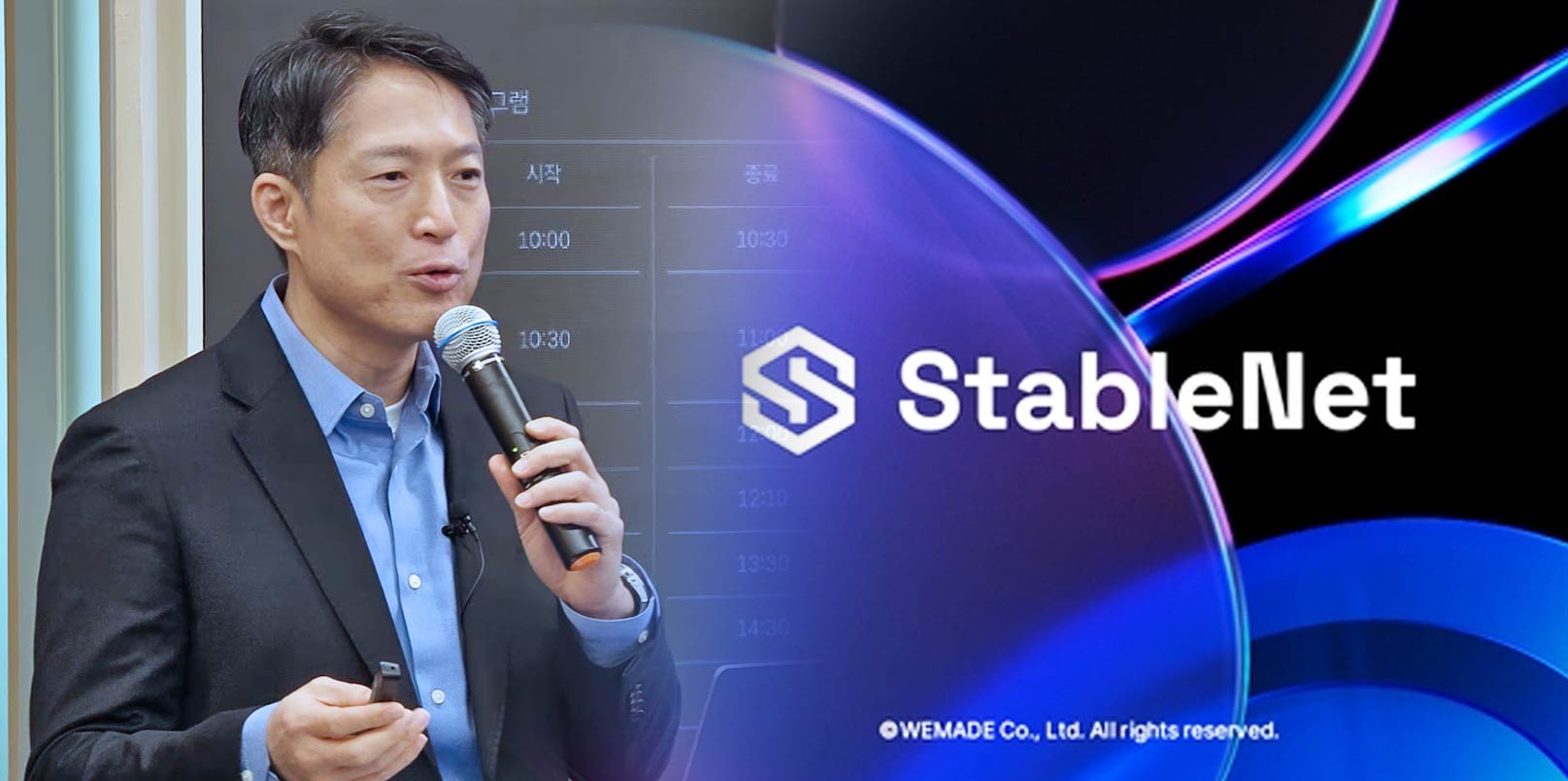As the year 2021 began, Bitcoin, the world’s largest cryptocurrency, rallied to a new milestone rate crossing $35000. It had just crossed the $20000 barrier in December 2020. The rise of bitcoin and cryptocurrency exchange in the financial sphere has prompted several financial institutions, including banks, to up their game. Globally, banks are trying to cash on the opportunity by getting into the digital asset business and opting to offer various financial instruments like finance crypto exchanges, providing loans against bitcoin, etc. And crypto firms are looking at having their own banking charters to surpass the challenges of the traditional banking system.
In 2020, US based national banks and federal savings got permission from the Office of the Comptroller of the Currency (OCC) to have custody of cryptocurrencies. At least 40 banks approached the regulator BaFin expressing interest in digital asset and cryptocurrency management business in Germany. US-based bitcoin and cryptocurrency payment company BitPay and PayPal’s crypto partner Paxos have filed paperwork with OCC to create a national bank system.
Korean banks partnering with blockchain firms
With international banks rallying to adopt blockchain services, South Korean banks, too, are looking at developing digital asset businesses. In March 2020, South Korea amended the Act on Reporting and Use of Specific Financial Information to recognize digital assets for the first time and recently classified them as taxable. The government had previously banned domestic ICOs in 2017. The change in government stance prompted some of South Korea’s largest banks to announce their plans to launch new digital assets initiatives.
One of Korea’s largest commercial banks Kookmin Bank (KB), announced its foray into a “digital asset management company” in partnership with a number of the nation’s leading blockchain players to safeguard the bitcoin holdings of corporate customers such as crypto exchanges. KB has made an undisclosed investment in a new firm called Korea Digital Asset (KODA), along with blockchain accelerator firm Hashed and blockchain investor and developer Haechi Labs. KODA is set to roll out its beta service for corporate clients soon enough.
Simon Kim, CEO of Hashed, hailed the partnership, “I welcome this opportunity to collaborate with KB Bank so that South Korea can take the lead in the emerging market of digital assets. Combining our insight in the blockchain industry and providing both technical and commercial consultations will inevitably open new doors to consumers as well as to the country in ushering the new era of digital transformation.”
Crypto for now; more assets to be added in future
KODA and the blockchain experts will be working in cooperation to manage and store digital assets. KODA will also evolve new layers of functionality in the future as a trading platform for enterprises. It will initially be handling bitcoin but eventually will also cater to traditional assets such as real estate, artwork, and other reified rights that will be issued and traded on blockchain platforms. KODA also plans to provide services such as crypto asset trusts, anti-money laundering (AML) solutions, tax, and legal compliance tools.
South Korea’s second-largest commercial bank Shinhan Bank’s IT services unit Shinhan DS has also signed a deal with software giant Hancom to build a blockchain-based digital asset management platform. Shinhan Bank is also considering a joint venture with virtual asset exchange Kobit to establish their own digital asset custody business. Nonghyup Bank, too has partnered with blockchain firm Hexlant and law firm Pacific Law with intentions to start a digital asset custody business.
As traditional banks and financial institutions in Korea are dipping their toes in the cryptocurrency business and DeFi (decentralized finance) becoming a popular concept, there are serious discussions in the country about establishing a ‘virtual asset business law.’ While government authorities are now looking at regulatory measures, the rise in blockchain entities and cryptocurrency assets, financial institutions are showing keen interest in the business. The sudden surge in bitcoin rates could probably be attributed to the rising interest of traditional banks in the blockchain. Or it could also be the other way round. Whatever it shall be, 2021 can be an interesting year for blockchain industry as the banking sector opens up to adopt crypto exchange business.
Also Read,
- Will ‘Protocol Economy’ be the next big global transformation?
- Electronic contract platform FirmaChain announces partnership with NEST Protocol Oracle solution
- Dunamu & Partners Invests 55 billion won in 26 Blockchain and FinTech Startups
- Korean startup launches blockchain-based artwork trade platform – ARTBLOC Hub






